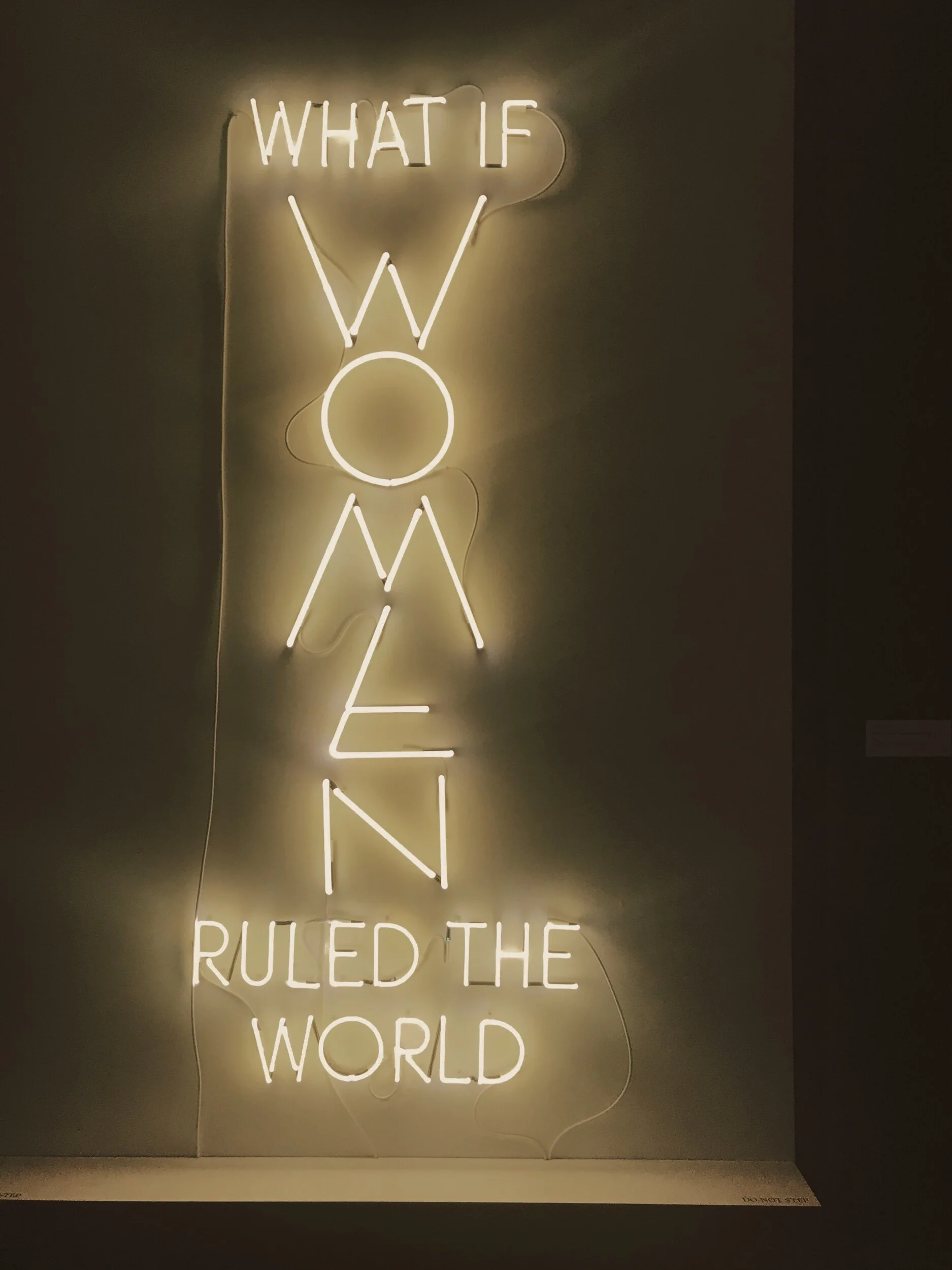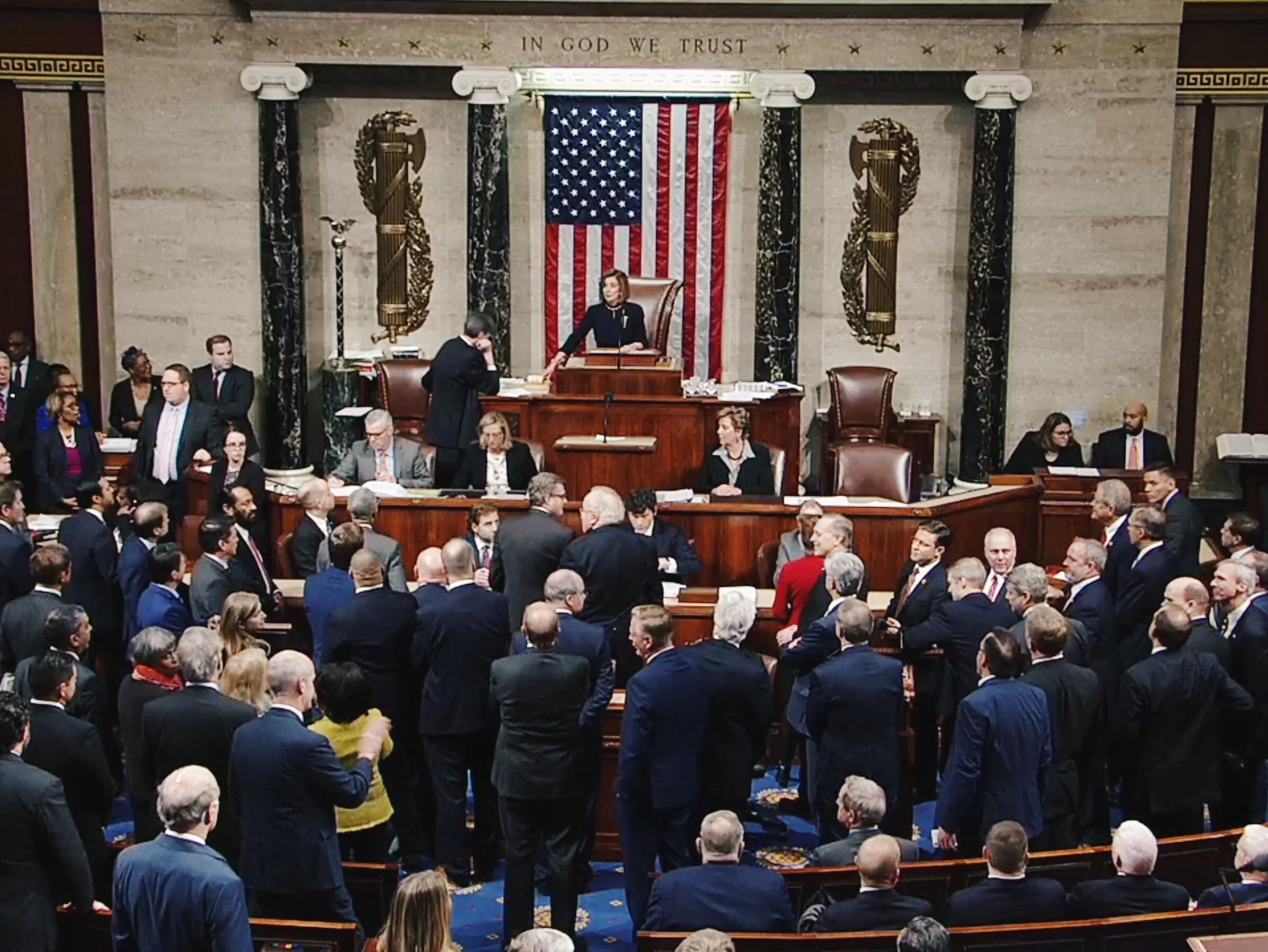Hopeless and Hopeful: the Current State of Politics
I feel very tired. I suppose that’s how they want us to feel. I am constantly torn between hopefulness and hopelessness; I have one foot firmly in each side and feel as if I might slip headfirst into either at any moment. On the good days, I reflect on everything that has been accomplished since Trump was elected and feel so proud of all the time, effort, and heart that has gone into the protests and movements. But that brings with it a sense of despair: a voice in my head asks, “Why is this even necessary?” I don’t want to have to protest for an equal and fair society for all, or for a society that treats women with respect, or for a society that does not prize money and class above all else. I don’t want to continue to explain to people that they should care about others. But here we are.
“I want political power: I want to see women in prominent positions, and I want minorities of all kinds to have platforms, and I want to live in a society that is compassionate, tolerant, progressive, and inclusive.”
Watching the Conservatives steamroll their opponents in the UK general election felt different to the 2016 election in that I expected it to happen, but even still, I didn’t expect it to hurt so much. I think a lot of us must feel like we have misread the room, like we’ve misunderstood everything irrevocably. That’s a painful realisation, and I’m trying my best not to be drowned by it, because deep down I don’t entirely believe it. But again, I am tired. I will be the first to admit that I want political power: I want to see women in prominent positions, and I want minorities of all kinds to have platforms, and I want to live in a society that is compassionate, tolerant, progressive, and inclusive. I try my best to be both a voice that is positive but also realistic, and right now I don’t have very much hope left. I’m not saying you should feel hopeless too, but I am saying that if that’s how you feel, I completely understand.
It’s devastating to watch large groups of people vote against their own best interests simply because their fear of the “other” has been harnessed by the very political groups who ruined their economic livelihoods; these same political groups have convinced a majority of people that there must always be winners and losers in society. Most people are closer to using a food bank than they are to ever becoming a millionaire, and yet they continue to vote for parties that protect millionaires over the common people. Conservative parties in both the US and in Europe have consistently rolled back human rights, made poverty a deliberate policy position, suppressed efforts to tackle climate change, presided over a staggering rise in hate crimes, and have otherwise destroyed their countries’ international standings. The facts and figures are blatantly obvious and overwhelming, and yet trying to break through feels like shouting at a brick wall. Sometimes I can’t even bring myself to shout because it feels devastatingly futile.
Everything you’ve probably read by now is true: there is still plenty to be done. You can still donate to food banks and homeless shelters. You can still protest in the streets, especially if you’re white. You can still call your elected representatives and demand action on any issue you choose. You can still have difficult conversations with family and friends about human rights and poverty and socioeconomic inequality and how yes, perhaps things will get better in the future if we just be patient, but there are people who live and die by the policies that some think are inconsequential. You can still campaign and canvass on behalf of candidates in whose causes you fervently believe. All of this is still possible. I don’t think the future is entirely on fire. But like I said before, I don’t blame you if that’s how you feel.
“To exist is a political act. ”
To exist is a political act. Everyone is born into a specific set of circumstances that are out of their control, and these circumstances come with their own set of opportunities and hardships. One might be able to work a lot and pull themselves out of a hole. Others might need a helping hand to get out of that hole. Neither is better or worse than the other, but the world in general is a better place when we are equal in status and opportunity.
“The world in general is a better place when we are equal in status and opportunity.”
It’s very painful to lose political elections. But please bear this in mind going forward: you are never losing as long as you are on the side of the compassionate and the tolerant. As long as you treat people with kindness and empathy, continue to advocate for the voiceless, and use your privilege to make a change, you’re making things better for others. I would always, always rather be on this side, no matter how politically decimated we might be right now, than on the side of racism, inequality, bigotry, xenophobia, and hatred.
Lauren Olmeda holds bachelor’s and master’s degrees in international relations. She works in public affairs in Dublin, Ireland and is Editor-at-Large of the Attic on Eighth.










